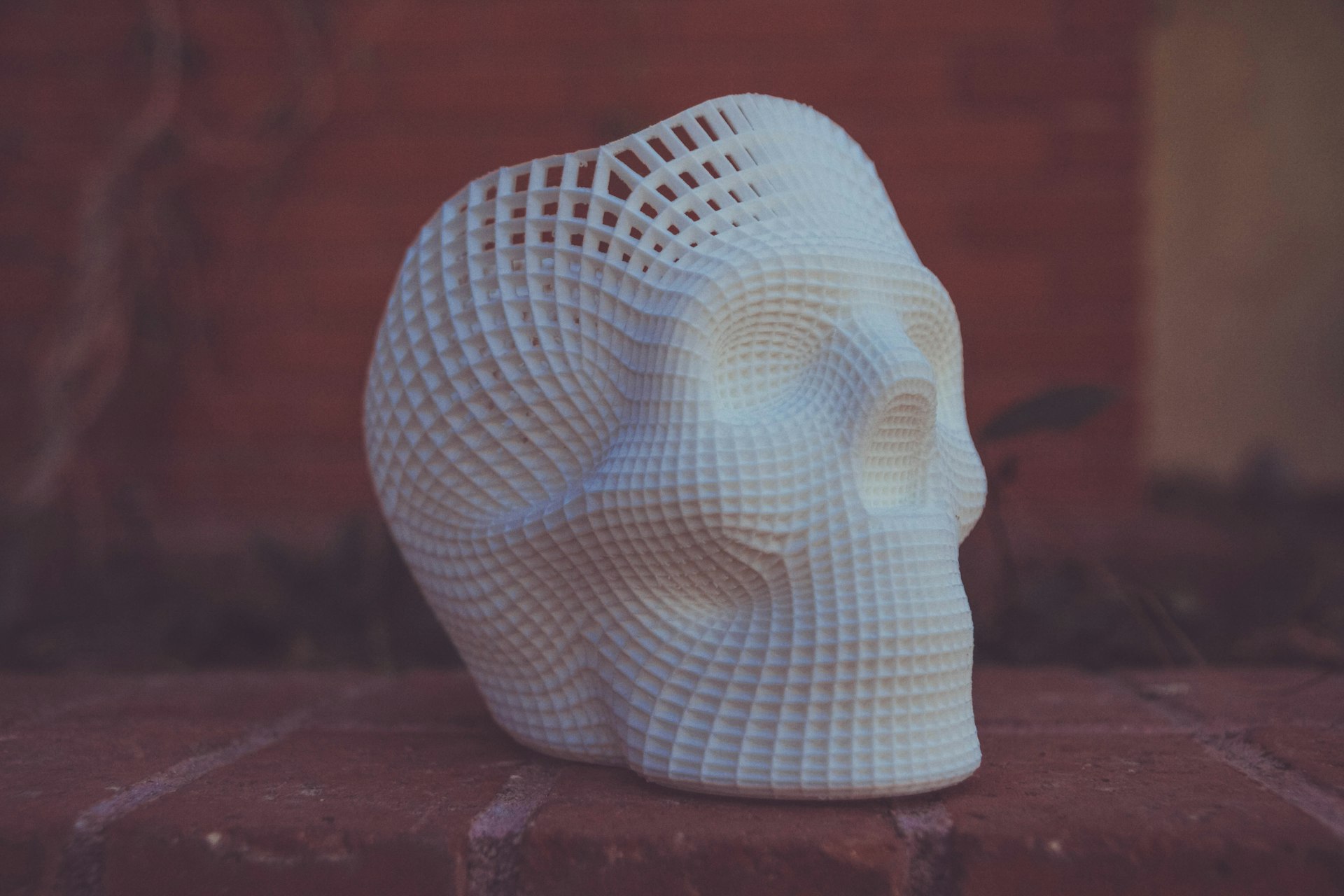How Sleep Deprivation Undermines Immune Function and Health

Photo by hosein solimani on Unsplash
Introduction
The relationship between sleep and immune health is central to overall well-being. Scientific research continues to reveal how sleep deprivation-whether acute or chronic-disrupts immune function, increases inflammation, and raises susceptibility to a range of diseases. Understanding these effects is essential for individuals aiming to protect their health, especially as modern lifestyles frequently compromise the quality and quantity of sleep.
The Immune System: Sleep’s Vital Role
Sleep is not a passive state; it is a time when the body repairs itself, consolidates memory, and regulates vital systems-including the immune system. During sleep, particularly non-REM sleep, the body produces and releases cytokines, proteins that help control immune responses and inflammation. These processes are crucial for fighting infections, healing tissue, and maintaining a balanced immune system [4] .
How Sleep Deprivation Alters Immune Responses
Multiple studies have shown that even short-term sleep loss can rapidly change the behavior of immune cells. A recent investigation found that just one night of 24-hour sleep deprivation in healthy adults altered the profile of immune cells, including monocytes, to resemble those found in individuals with obesity-a condition associated with chronic inflammation. This means the immune system adapts quickly to disrupted sleep, and continued sleep loss may drive long-term inflammatory states [3] .
Chronic sleep deprivation causes deregulation of immune responses, with increased numbers of circulating leukocytes (white blood cells), neutrophils, monocytes, B cells, and CD4 T cells. There is also evidence of reduced natural killer (NK) cell activity, which is critical for fighting viral infections and tumors [1] . The circadian rhythm of these immune cells becomes disrupted, leading to higher levels at night and a flattened daily pattern. Such changes compromise the body’s ability to mount effective immune defenses.
Inflammation and Disease Risk
Sleep deprivation increases the production of pro-inflammatory cytokines like IL-1β and TNF-α. While these proteins can help fight infection, persistently high levels contribute to low-grade systemic inflammation-a risk factor for diseases such as type 2 diabetes, cardiovascular disease, and obesity [5] . Chronic sleep loss has been linked to a diminished response to vaccination, higher susceptibility to the common cold, and increased risk of severe infections [4] .

Photo by lauren sepsi on Unsplash
Additionally, sleep deprivation disrupts hormones that regulate immune and inflammatory processes. Cortisol, an immunosuppressive hormone, typically peaks in the morning and falls throughout the day. Prolonged sleep loss disturbs this rhythm, potentially increasing vulnerability to infection. Melatonin, which boosts immune function, is also reduced in those with poor sleep patterns [5] .
Long-Term Effects and Reversibility
Research from Mount Sinai shows that chronic insufficient sleep can even alter the DNA structure inside immune stem cells, affecting how white blood cells are produced and function. These changes are not quickly reversible, even if you attempt to “catch up” on sleep later. Persistent sleep disruption may result in long-lasting inflammation and increased risk of inflammatory diseases and cardiovascular problems [2] .
Real-World Examples and Case Studies
Case studies from clinical research demonstrate that individuals exposed to prolonged sleep restriction-such as shift workers, medical professionals, or caregivers-display elevated markers of inflammation and reduced vaccine efficacy. For instance, a study found that people restricted to four hours of sleep per night for six days had a much weaker antibody response to influenza vaccination compared to those with adequate sleep [4] .
Another example includes individuals with sleep disorders, such as insomnia or sleep apnea. These groups consistently show higher levels of inflammatory markers and increased rates of chronic diseases, underscoring the far-reaching health implications of sleep deprivation.
Actionable Steps to Protect Immune Function
Given the strong link between sleep and immune health, prioritizing quality sleep is critical. Here are steps you can take to safeguard your immune system:
- Establish a Consistent Sleep Schedule: Aim for seven to eight hours of sleep per night, going to bed and waking up at the same times each day, including weekends. Consistency is key to regulating your circadian rhythm and supporting immune function [2] .
- Create a Restful Sleep Environment: Keep your bedroom cool, dark, and quiet. Use blackout curtains, white noise machines, or earplugs if necessary.
- Limit Stimulants and Electronic Devices: Avoid caffeine, nicotine, and alcohol close to bedtime. Reduce screen time in the hour before sleep to minimize blue light exposure.
- Manage Stress: Practice relaxation techniques such as meditation, deep breathing, or gentle yoga to lower stress and support restorative sleep.
- Monitor Sleep Quality: If you experience persistent sleep problems, consult a healthcare provider. Sleep disorders can often be diagnosed and treated by sleep specialists.
To find sleep clinics or specialists in your area, you can search for “sleep medicine” or “sleep disorder specialists” through your local hospital network, insurance provider directory, or by contacting your primary care physician for referrals.
Alternative Approaches and Solutions
If traditional sleep hygiene practices do not resolve sleep issues, alternative therapies such as cognitive behavioral therapy for insomnia (CBT-I), light therapy, or medication may be recommended by your healthcare provider. Many organizations, including the American Academy of Sleep Medicine, provide resources and guidance on these approaches. You may also consider joining support groups or online forums dedicated to sleep health for shared experiences and tips.
Key Takeaways
Sleep deprivation is not merely a nuisance-it is a significant risk factor for immune dysfunction and chronic disease. The adverse effects include increased inflammation, impaired infection defense, reduced vaccine response, and elevated risk of metabolic and cardiovascular diseases. These changes are rapid, persistent, and may not be fully reversible by simply “catching up” on sleep. By making sleep health a priority and seeking help for persistent problems, you can strengthen your immune system and improve long-term health outcomes.
References
- [1] Palma, B. et al. (2021). Role of sleep deprivation in immune-related disease risk and chronic inflammation. PMC.
- [2] Icahn School of Medicine at Mount Sinai (2022). A consistent lack of sleep negatively impacts immune stem cells.
- [3] The Journal of Immunology (2025). One day of sleep deprivation can alter your immune system and increase inflammation.
- [4] Besedovsky, L. et al. (2012). Sleep and immune function. PMC.
- [5] SAGE Journals (2024). Sleep and Immune System Crosstalk: Implications for Inflammatory Diseases.
MORE FROM 9scholarships.de













